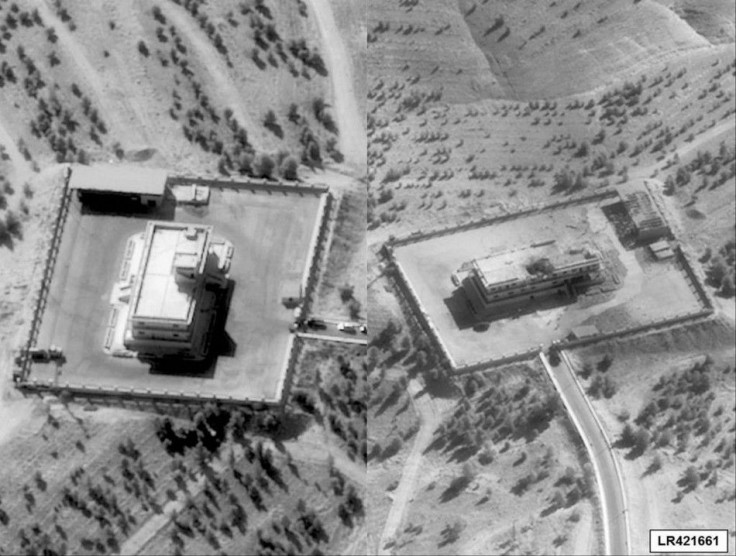U.S. Airstrikes Bring Relief To Syrian Kurds Near Turkey Border

The U.S. air strikes in Syria was given a tactical focus on Saturday, by targeting the ISIS assets in the besieged Kurdish areas bordering Turkey. It gave a sense of relief and reassurance to Kobani-the Kurdish town of Syria. The U.S. air offensive pounded the ISIS assets heavily, along the Turkish border. For the past one week, the area had been under the control of ISIS ultras, leading to the flight of local Kurds to Turkey.
Jihadi Leader Killed
Boosting the air raid of the United States was the news of an al-Qaeda-leader having been killed in Syria. The SITE service said, Mohsin al-Fadhli, a Khorasan group leader was killed in the air strike in Rafaq. It was reconfirmed by a tweet from the militants on Sept. 27 that Fadli was killed and condoled his death. SITE is a U.S.-based organisation that monitors militant groups online.
In a statement, the United States Central Command informed that it conducted more airstrikes near Erbil. This led to the destruction of four IS armed vehicles and many fighting positions. The New York Times reported that the action around Kobani was necessitated because of the flight of Kurd population after being besieged by armed ISIS cadres. About 1,50,000 refugees crossed over to Turkey, after the IS attack. This warranted the U.S. led forces to shift focus to Kobani, from the Raqqa area, where it was hitting the ISIS. Raqqa in eastern Syria is the de facto headquarters of the Islamic State.
The strikes around Kobani bolstered the spirit of Kurds, whose villages had been falling to Islamic State forces. Kurds watched in relief as jets roared overhead and columns of smoke emanated from the pounded targets. One Sheikh Mohammad Bozan, a Syrian Kurd said "Without President Obama, we would have lost our heads."
Nusra Warning
The U.S. officials described Khorasan as a network of al-Qaeda fighters working with the Nusra Front, the Syrian unit of al-Qaeda. Meanwhile, the head of the Nusra Front has warned that the U.S. air strikes will not cripple Islamists in Syria and forewarned Western countries of retaliation. In an audio message, Abu Mohamad al-Golani warned the Europe and U.S of serious reaction and asked their citizens to condemn the air strikes and avoid the peril of being attacked by Islamic militant groups, reports Cbc.ca





















